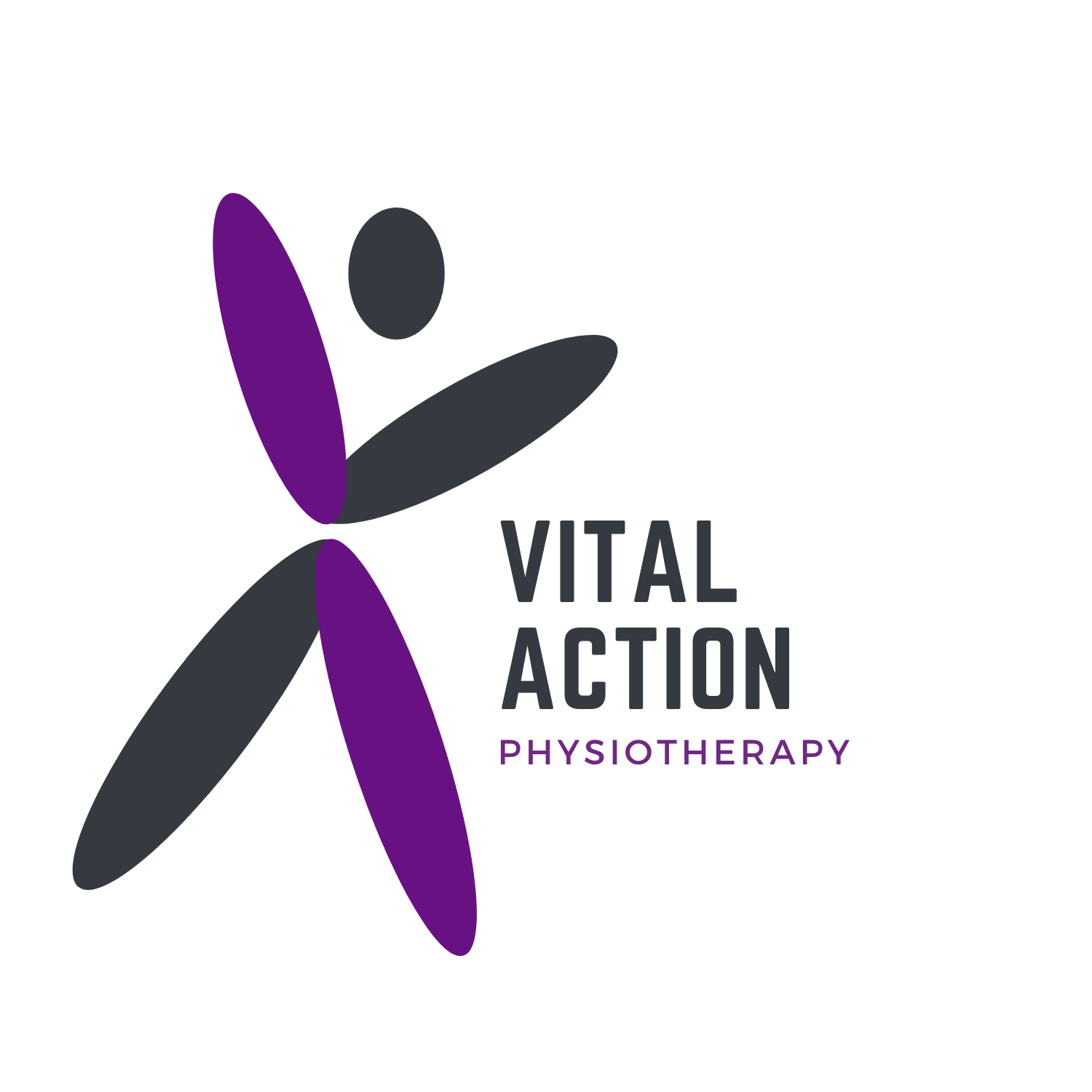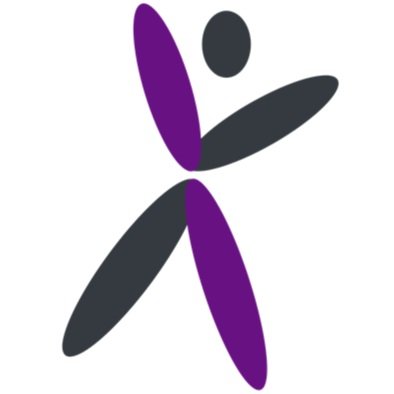The Power of Movement: A Physiotherapist's Guide to Exercise Prescription for Well-being
Movement is not just a physical activity; it's a fundamental component of overall well-being. In this blog, we'll explore the transformative power of movement and how physiotherapists play a crucial role in prescribing targeted exercises to enhance physical health, promote recovery, and improve the quality of life. From tailored exercise plans to the psychology of movement, this guide aims to illuminate the importance of intentional and therapeutic movement in achieving optimal well-being.
Movement as Medicine
Explore the concept of exercise as a therapeutic intervention
Discuss the physiological and psychological benefits of regular physical activity
Highlight the role of physiotherapists in prescribing movement for health promotion
Tailored Exercise Plans
Emphasize the importance of individualized exercise prescriptions
Discuss how physiotherapists assess patients to create personalized plans
Provide examples of targeted exercises for common conditions such as back pain, joint issues, and muscular imbalances
Progressive Rehabilitation
Explain the principles of progressive rehabilitation in physiotherapy
Discuss the gradual and systematic progression of exercises for optimal outcomes
Highlight the importance of monitoring and adjusting exercise plans based on individual responses
The Psychology of Movement
Explore the connection between movement and mental well-being
Discuss how exercise can alleviate stress, anxiety, and depression
Highlight the role of physiotherapists in promoting a positive mindset towards movement
Incorporating Functional Movement
Advocate for the inclusion of functional movement patterns in exercise plans
Discuss how functional exercises enhance daily activities and prevent injuries
Provide examples of functional movements suitable for different age groups and fitness levels
Home Exercise Programs
Emphasize the significance of empowering individuals with home exercise programs
Discuss strategies for ensuring compliance and motivation in home-based rehabilitation
Highlight the role of technology in facilitating remote monitoring and guidance
In conclusion, the power of movement extends beyond physical fitness—it is a holistic approach to well-being. Physiotherapists, as movement specialists, are uniquely positioned to prescribe targeted exercises that not only address physical conditions but also contribute to mental and emotional health. By embracing intentional and therapeutic movement, individuals can unlock the potential for improved health, enhanced recovery, and a better quality of life. This comprehensive approach reinforces the pivotal role of physiotherapy in promoting the transformative power of movement for overall well-being.

